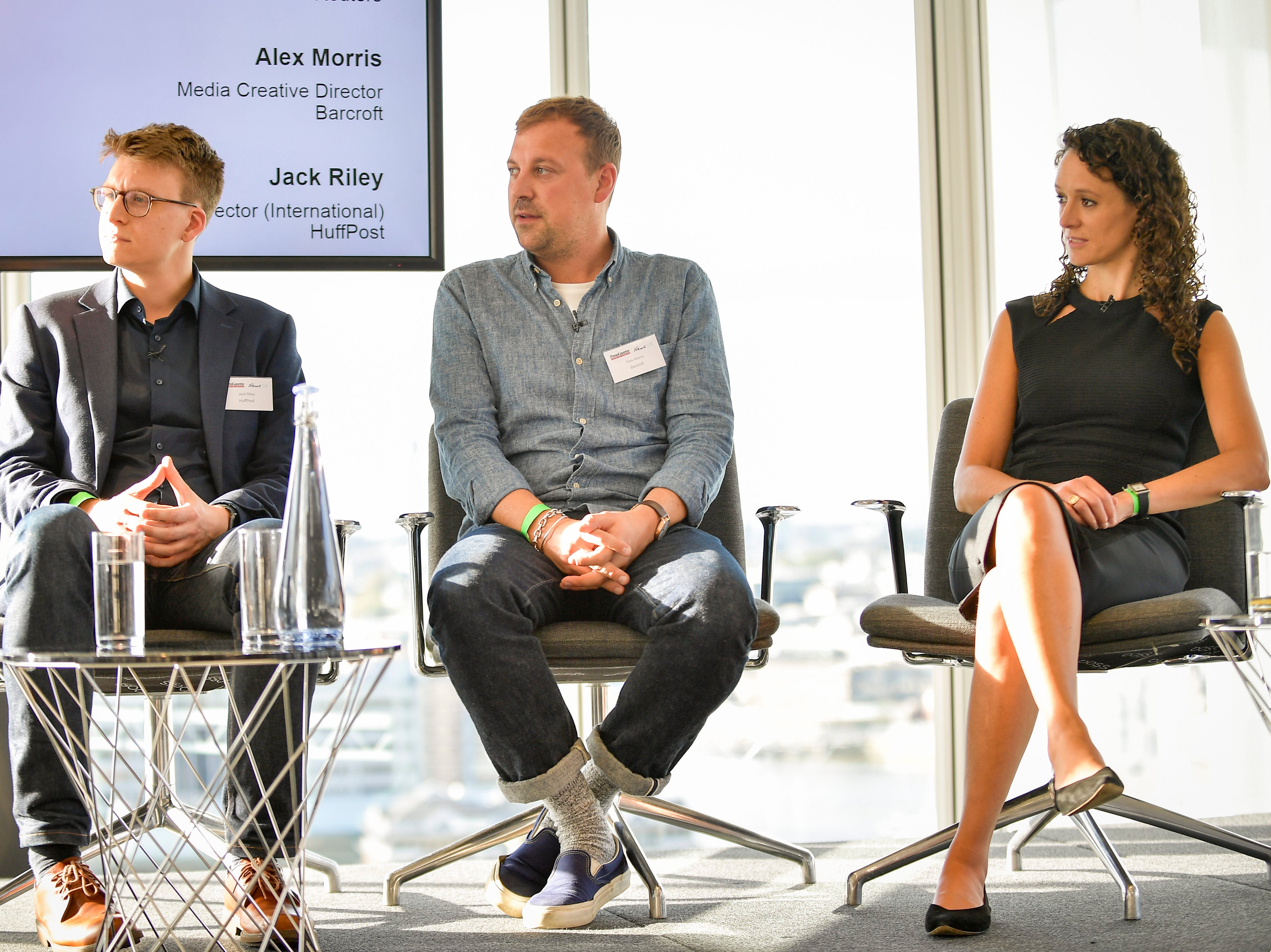
Facebook’s algorithm change to show users less content from news publishers was a game changer for news agency Barcroft Media, its creative director told Press Gazette’s Digital Journalism Summit yesterday.
Alex Morris revealed Barcroft had gone from seeing “almost zero” views for its videos on Facebook in November last year to half a billion since the change to the platform in January.
Morris told the audience at the News UK building in London Bridge that his news agency was able to build and test out “the type of content our audiences really like” on Facebook.
It was feared that Facebook’s “meaningful social interactions” change to the News Feed – promoting posts from friends and family over media and business – would cause some anxiety for publishers.
But Morris said video on social media has now become a key product for Barcroft, which has created customer-facing brands to share content directly with readers, rather than selling to a publisher.
“Platforms gave us the opportunity to not just be an agency but also be a publisher,” said Morris (pictured, centre).
“We could double down on the content that was working well, get all the data and audience feedback and hone that…
“We’re not a strong B2C brand, it wasn’t set up in that way, but we wouldn’t have been able to do that without platforms.”
He said Barcroft is on around 100 online platforms, but is focused mainly on Facebook, Snapchat and Youtube – all of which he said are “significant monetisation opportunities for us”.
But, he said: “They make significant money every month, but not one on their own would fund the company.”
Morris added: “Over-reliance on one is challenging and not necessarily the best business model.”
However, he stressed that with Facebook it was “okay to not necessarily make money straight away” as long as there was a path to monetisation.
Also speaking on the New Platforms and New Audiences panel, Huffpost strategy director (international) Jack Riley said we are “living in a richer ecosystem” because of the consumer behaviour and interest in content that has been driven by Facebook.
“Facebook is still very important… [it] will continue to be very important to anyone who wants to reach new audiences,” Riley (pictured, left) added.
However Reuters global head of multimedia Jane Barrett said a lot of publishers have found themselves “forced” to diversify from Facebook due to changes on the platform.
“We are all trying to make sense of this crazy place where we live at the moment and there is a sense of trying to build community globally.”
Barrett (pictured, right) said that contrary to Barcroft’s top three platforms, Reuters has better monetisation opportunities with Twitter than Snapchat.
“It just depends on the brand. It’s not one size fits all.”
Giving the examples of Facebook Live and experimenting with different length videos Barrett also shared the message that “as an industry we’re really bad at stopping doing things … if it’s really no longer paying out, let’s stop doing it”.
She added: “Our resources are finite. We can bring a bit of rigour into the business by thinking what should we stop doing?”
Press Gazette’s Digital Journalism Summit is held in association with News UK.
Email pged@pressgazette.co.uk to point out mistakes, provide story tips or send in a letter for publication on our "Letters Page" blog
